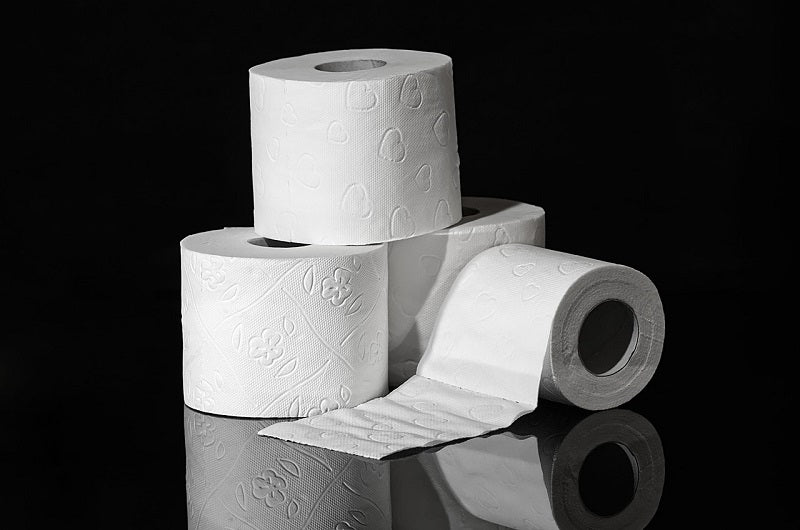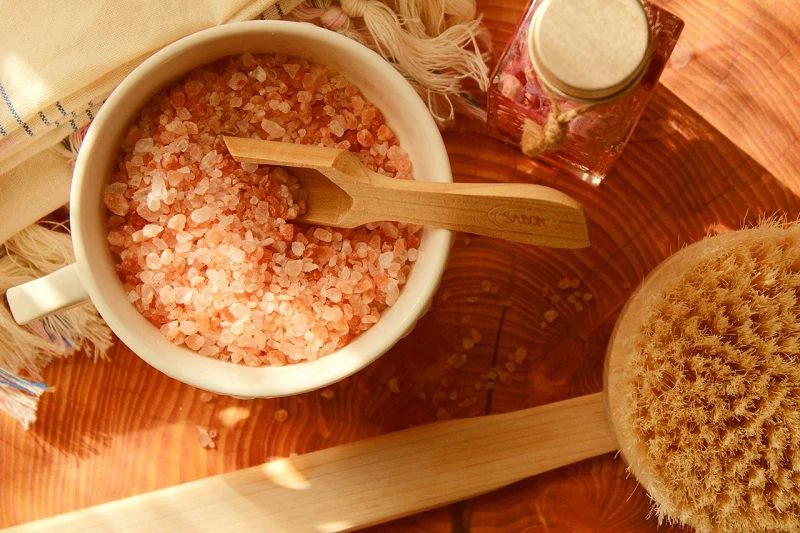
Urinary Incontinence in Older Women
By Rachel Enright

Urinary incontinence is defined by the loss of bladder control characterised by leaking of urine (a small amount such as a few drops or much much more).
Urine is made by the kidneys and stored in the bladder. The bladder has muscles (Detrusor muscle) that tighten when you need to urinate. When these bladder muscles tighten, urine is forced out of your bladder through a tube called the urethra. At the same time, sphincter muscles around the urethra relax to let the urine out of your body.
Incontinence can happen when the bladder muscles suddenly tighten and the sphincter muscles aren’t strong enough to pinch the urethra shut. This causes a sudden, strong urge to urinate that you may not be able to control.
Pressure caused by laughing, sneezing or exercising can cause you to leak urine and urinary incontinence may also happen if there’s a problem with the nerves that control the bladder muscles and urethra.

Who can experience urinary incontinence?
Research shows women experience urinary incontinence twice as often than men do. This can be due to structural causes resulting from pregnancy and childbirth, while menopause can also affect the bladder, urethra, and other muscles that control urinary actions.
Urinary incontinence can happen at any age but is more common in older women. Studies have shown more than 4 in 10 women aged 65 and older have urinary incontinence. Research also reveals that lowered oestrogen levels in menopause may contribute to a weaker urethra, which is vital with bladder control.
Types of urinary incontinence
Urinary incontinence is usually classified as stress incontinence or urge incontinence (or both):
Stress incontinence
This type is most commonly diagnosed, with studies showing it affects younger women more. The condition occurs when there is stress and/or pressure on the weak bladder and pelvic floor muscles. With stress incontinence, simple actions such as coughing, sneezing, or laughing can cause you to leak urine. Also, some simple movements and exercise can also cause involuntary leakage.
Urge incontinence
This type of incontinence usually happens quickly and before you have time to get to the toilet. In most cases, people with urge incontinence have to go to the toilet frequently but end up passing just a very small amount of urine.
Studies have shown that urge incontinence is more common among older women. The condition is sometimes referred to as overactive bladder or OAC. The urge to urinate is usually sudden and strong and oftentimes, little things like the sound of running water can trigger a leak. Many women experience symptoms of stress and urge incontinence at the same time and this is referred to as mixed incontinence.
Other causes of urinary incontinence
Besides ageing and natural causes, other factors can contribute to urinary incontinence. These include:
-
Being overweight: Carrying excess weight puts pressure on the bladder, which can weaken the muscles and pelvic floor.
-
Poor gut health and constipation: Bladder control can affect people who have (chronic) constipation. Constipation or straining to have a bowel movement can put stress or pressure on the bladder and pelvic floor muscles.
-
Nerve damage: Damaged nerves may send signals to the bladder at the wrong time or not at all. Pregnancy, childbirth and various health symptoms such as insulin resistance and poor muscle tone can cause nerve damage in the bladder, urethra, or pelvic floor muscles.
- Surgery: Any surgery that involves the reproductive organs – a caesarean or hysterectomy, among others – can damage the supporting pelvic floor muscles especially if the uterus is removed. Often during these procedures, the pelvic floor muscles are weakened or impaired, resulting in urinary incontinence.
In some cases, urinary incontinence can be temporary. Causes of short-term urinary incontinence include:
-
Medications: Diuretics, blood pressure medication, sleeping pills and some antidepressants can trigger or worsen urinary incontinence.
-
Caffeine: High caffeine drinks can make the bladder full too quickly, causing you to leak urine. Avoiding or reducing caffeine may help with incontinence.
- Infection: Bladder and urinary tract infections (UTI) may cause incontinence for a short time. Bladder control often normalises once the infection is cleared.
Summary
It’s very natural for the bladder and urethra muscles to lose some of their strength with ageing. These bladder issues become more common as we age and means you may not be able to hold as much urine as you get older. These changes can cause problems with bladder emptying and leaking urine; however ,through specific exercises and herbal support you may regain better control of your bladder health.
Happy Bladder is a natural formula to assist with urinary incontinence so you can feel better about yourself as you move through the later stages of life.
REVIEWS
Settled bladder
I am thankful for Happy Bladder. It has changed the number of toilet trips, day and night 👏👏. I lay in bed with no irritations and, not often, only 1 trip to the toilet at night.
***** Dorothy B. (Emu Plains, AU)
Happy Bladder
Since starting these tablets I feel so much more confident going out and to the gym.I had a prolapsed done years ago but unfortunately, I was getting worse and always had to wear pads and always concerned where toilets were located when out. I will never be without these tablets they have done wonders and it was only by chance I came across them. My PT trainer took us down the coast and we did a session with the wonderful Lisa and she mentions them all I can say is thank god they have been a blessing for me I am 68 and can now be active again without fear of leakage.
***** Sue G. (Mount Cotton, AU)
REFERENCES
Suskind, A., Cawthon, P., Nakagawa, S. et al. Urinary Incontinence in Older Women: The Role of Body Composition and Muscle Strength: From the Health, Aging, and Body Composition Study. Journal of the American Geriatric Society. 2017 Jan;65(1):42–50.
https://www.ncbi.nlm.nih.gov/pmc/articles/PMC5258849/
Schoendorfer, N., Sharp, N., Seipel, T., Schauss, A.G., and Ahuja, K.D.K. Urox containing concentrated extracts of Crataeva nurvala stem bark, Equisetum arvense stem and Lindera aggregata root, in the treatment of symptoms of overactive bladder and urinary incontinence: a phase 2, randomised, double-blind placebo controlled trial. BMC Complementary and Alternative Medicine. 2018; 18: 42.
https://www.ncbi.nlm.nih.gov/pmc/articles/PMC5793427/
Research funded by the Australian Federal Government and Seipel Group.
If symptoms persist, consult your healthcare professional.







Leave a comment
This site is protected by hCaptcha and the hCaptcha Privacy Policy and Terms of Service apply.